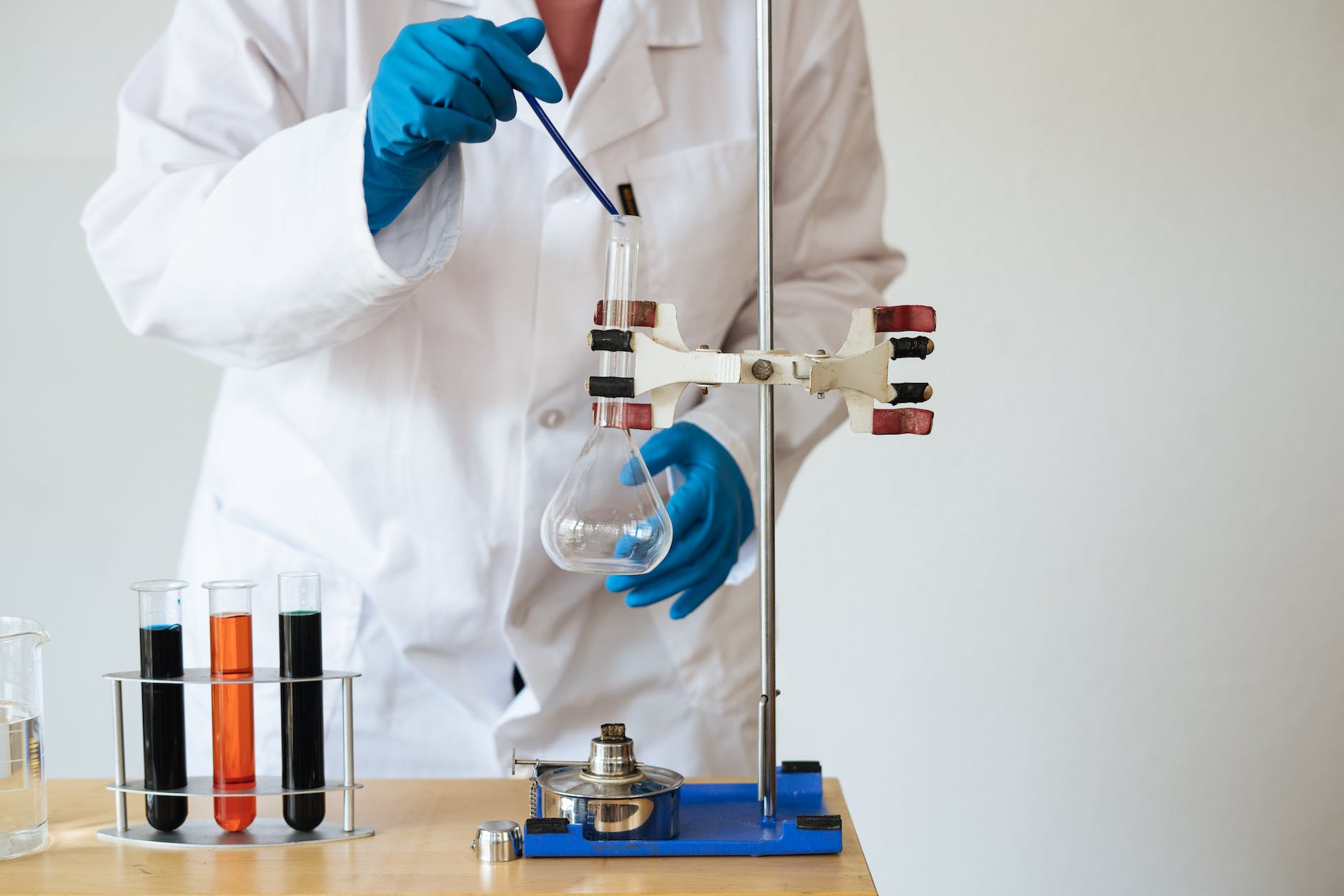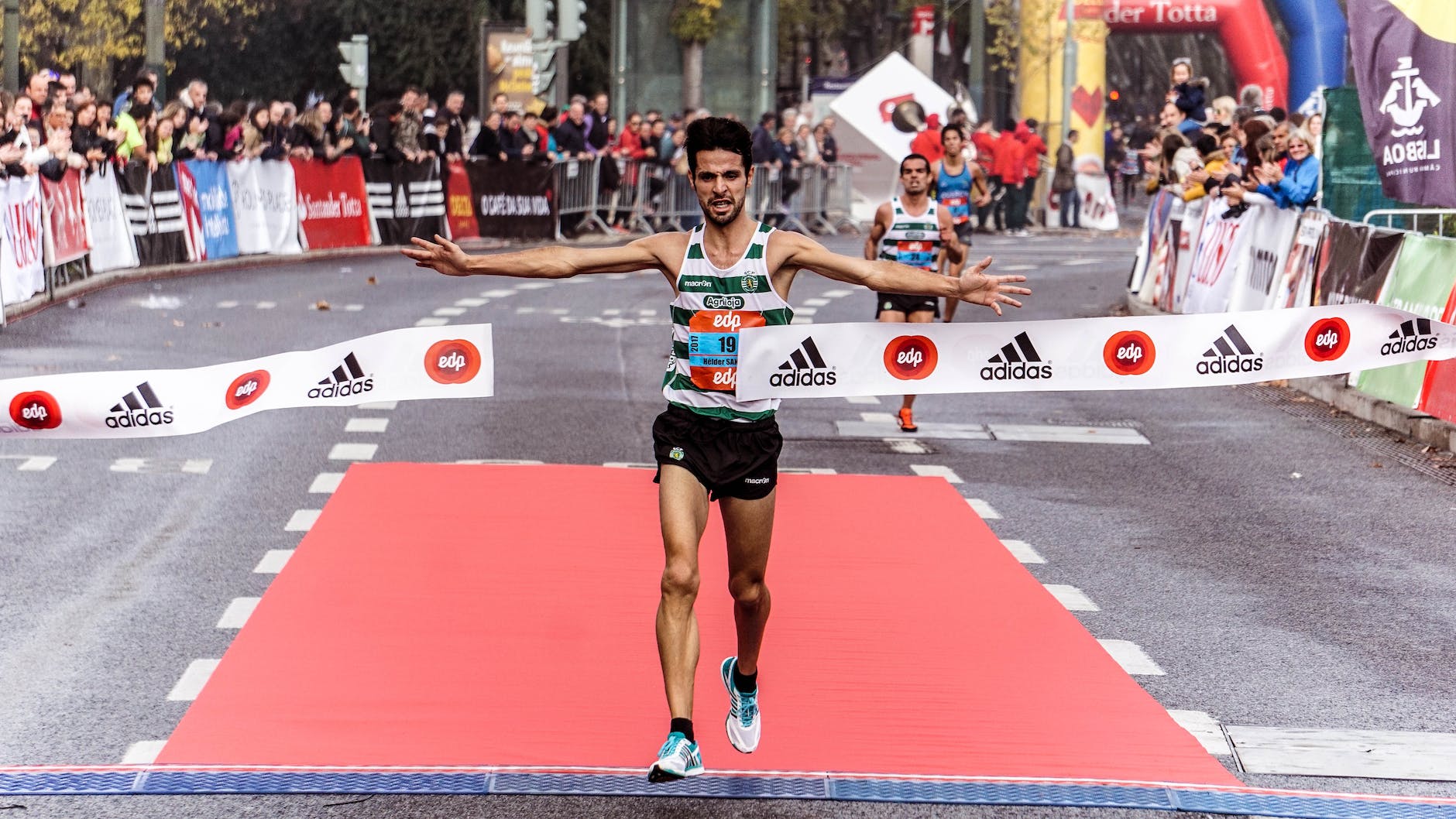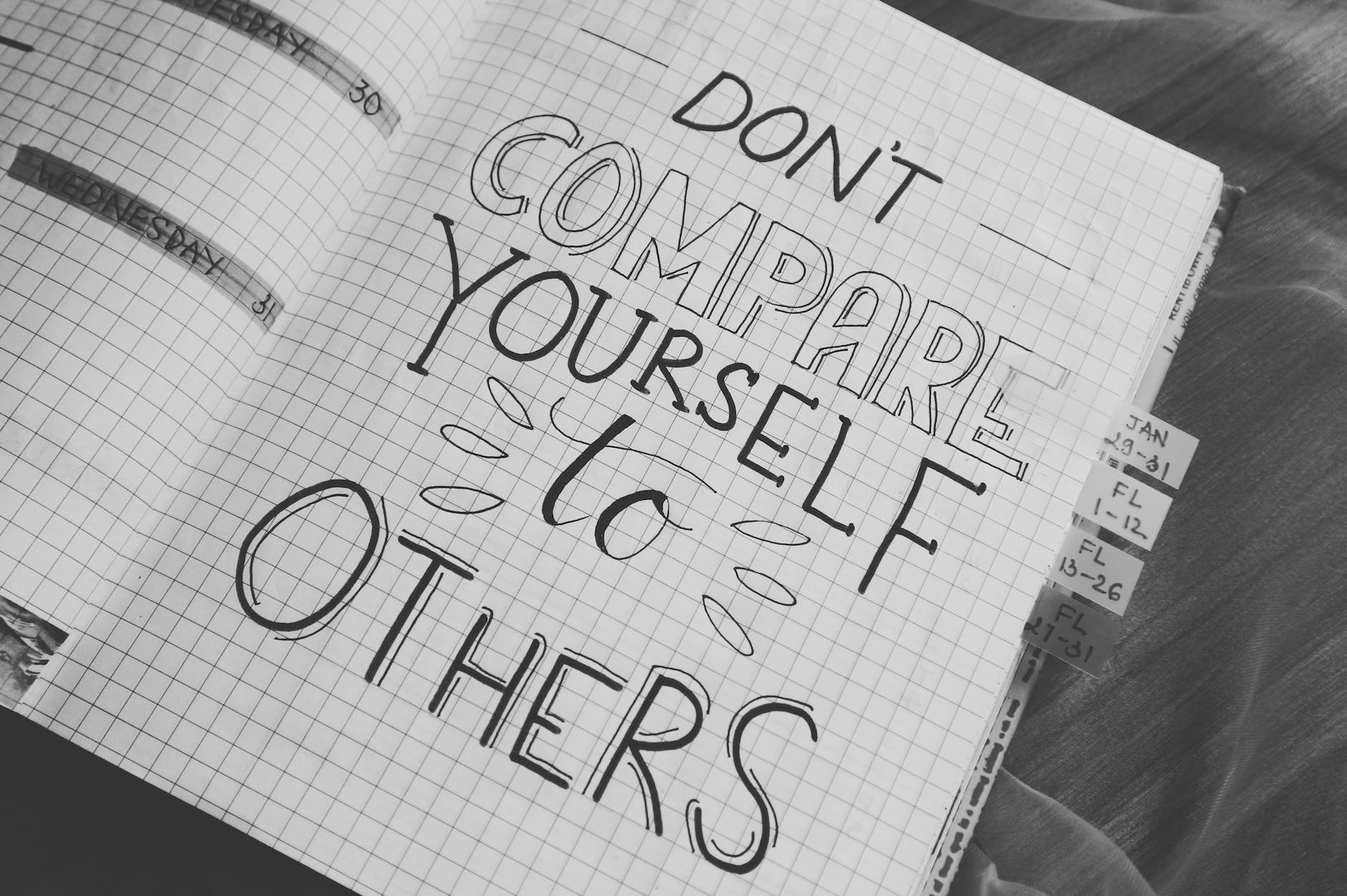We’ve all been there – comparing our recovery journey to someone else’s. “Mary was back at work after only a month!” “John was running marathons six months later!” It’s tempting to measure our own progress against others, but the truth is that every survivor’s path is different. In this article, I’ll explore why no two cardiac arrest recoveries are the same and how we can embrace our own unique journey while still drawing inspiration from fellow survivors.
Different Catalysts

Cardiac arrests can be triggered by various factors – underlying heart conditions, lifestyle factors, or even accidents. A diseased coronary artery may have caused Mary’s arrest, while John’s was due to a hereditary condition. Even if the initial cause was the same, the extent of damage and physiological response can vary greatly. We each bring our own medical history to the table, so recovery expectations should be tailored accordingly.
For instance, if you had a previous heart attack that caused significant damage, your heart may need more time to heal after an arrest than someone whose heart was otherwise healthy. Or medications you take for other conditions could impact your rehab timeline. The key is understanding your medical baseline to set realistic goals. We should also remember that changes in the body or the progression of disease may occur slowly or over a long period and sometimes unseen.
Unique Constellations

Our ages, genders, races, and support systems further impact convalescence. A 20-year-old may rebound more quickly than a 60-year-old due to their youthful resilience. Cultural factors influence rehabilitation choices, too. For example, certain diets or stress management activities may align more with your heritage.
Our families and friends provide immeasurable support, but their ability to do so differs. A retired spouse may be able to attend every appointment, while a single parent could struggle with childcare logistics. Recognising these unique constellations allows us to embrace our recovery constellation while still appreciating the role our loved ones play.
As Holocaust survivor Viktor Frankl wrote,
“Everything can be taken from a man but one thing: the last of the human freedoms – to choose one’s attitude in any given set of circumstances.”
Viktor Frankl
We can choose to be grateful for the support we do have.
Personal Drivers

Our motivations and priorities are highly individualised. For some, returning to work is the primary goal, while others aim to participate in a favourite sport again. Some focus on spending more quality time with family after a close call. Your intrinsic drivers give each journey purpose.
Understanding your motivations is critical. Perhaps you’re driven to meet your new grandchild or to check an item off your bucket list. These unique drivers fuel your recovery by giving it meaning.
Defining Your Own Finish Line

Rather than relying on external comparisons, define success on your own terms.
What activities give your life meaning?
What goals make you feel fulfilled?
These are the metrics to monitor.
Celebrate small wins, like walking around the block or finishing cardiac rehab.
Your finish line might involve returning to bowling with friends, if that social connection is vital. Or it may mean being able to play tag with your grandkids. Set milestones based on what matters most to you.
As a wise cardiac nurse once said,
“Don’t compare your Chapter 5 to someone else’s Chapter 20.”
Nurse A
We’re each writing our own story.
Drawing Inspiration From Others

While every journey is unique, we can gain motivation from our fellow survivors’ triumphs and tribulations. Mary and John’s stories highlighted earlier inspired us in different ways. Mary’s swift return to work demonstrated the heights of human determination. John’s running put into perspective the months of training required for endurance.
Seeing others overcome setbacks gives us empathy and perseverance to push through our own. But we must take what we need and leave the rest. Their chapters may help inform our own, but the pages remain ours to write.
Conclusion

In the end, nothing compares exactly to your singular experience. While it’s natural to benchmark against others, avoid strict comparisons. Instead, embrace your unique catalysts, support systems, motivations and definitions of success. Allow your remarkable path to remain your own, while letting others’ journeys inspire you. Trust your care team, celebrate small victories, and cross your finish line – whatever that may look like for you. You’ve got this!

After our first meet-up in February 2015, I realised I was not alone. It was the first time since my cardiac arrest the previous year that I had spoken face-to-face with someone who had experienced what I had. This was also true for my wife, who also happened to be my lifesaver. From that meet-up, the idea of SCA UK was born. Since then, we have achieved a considerable amount, primarily providing information, resources and support to others in a similar situation but also raising the profile of survivorship and the need for better post-discharge care. We are starting to get traction in this, and with the formation of the charity, I genuinely believe we have a bright future ahead and will make a significant difference in the lives of many who join our ranks.


Hey, Paul. Great article. I have a peculiar insight into all this. This past year I have been experiencing debilitating chronic lower back pain, especially up into my right neck and shoulder. Adele has helped me to arrange my GP visits and appointments with various hospitals and consultants. I couldn’t deal with all this without her. My point is twofold: First, I have no idea how would have dealt with it all alone. Secondly, owing to the fact that my focus has been on these non-cardiac related issues, I have put my heart issues on the back burner, so to speak. The fact that my cardio stuff is all arranged at Harefield where I am an outpatient I am able to leave my treatment up to them due to the stupendous care they provide, leaving me relatively free to deal with these new worries more effectively.